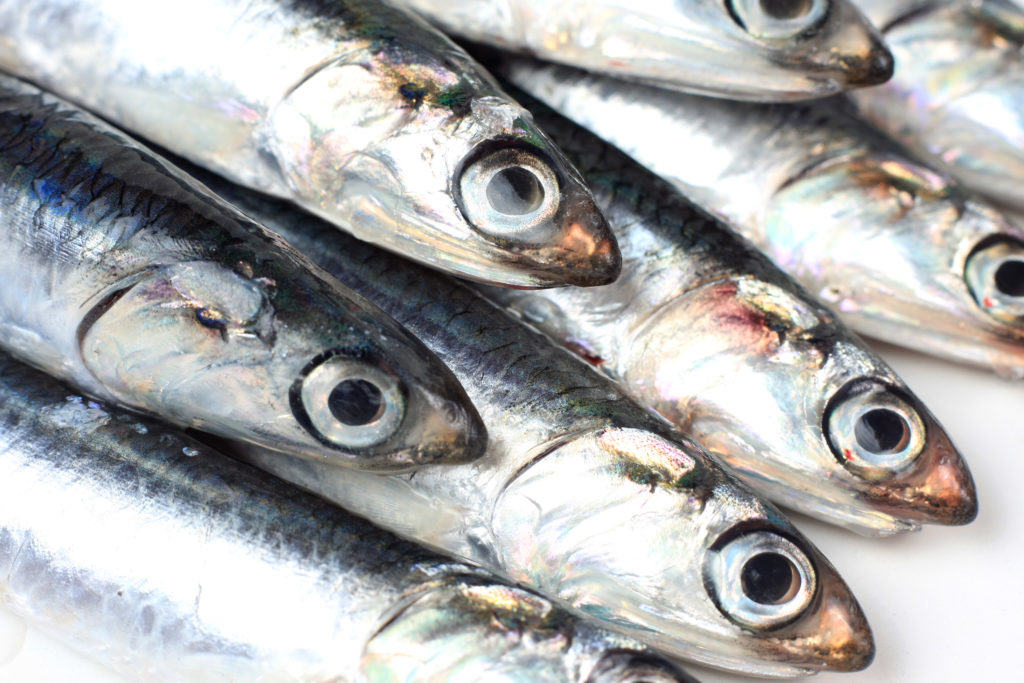Coenzyme Q10 Has Anti-aging Benefits
Coenzyme Q10 is a fat soluble vitamin-like substance produced by the body which is necessary for the basic functionality of the cell. It serves as a major catalyst in the cell’s production of ATP, commonly called “energy currency”, that is critical in the internal workings of the body. It also works to help the mitochondria use oxygen efficiently. Coenzyme Q10 levels decrease with age and are significantly low in people who are affected with chronic diseases, such as heart conditions, Parkinson’s disease, cancer, or diabetes. In recent studies, it has also been reported that the severity of Coenzyme Q10 deficiency indicates the gravity of a heart disease.
CoQ10 and Aging
The body needs the coenzyme Q10 to combat several diseases and conditions related to aging. Some of coenzyme Q10’s anti-aging benefits include slowing down of age-related macular degeneration that leads to vision loss, decreasing the occurrence of dementia, improvement of energy levels particularly in the elderly and sedentary people, prevention of cholesterol from oxidizing that results in blockage of arteries, and lowering the risk of other degenerative disease. Additionally, coenzyme Q10 is good for the heart as it makes the heart pump harder with lesser effort, enhancing the circulation of the blood and reducing your blood pressure. Coenzyme Q10 also functions as an anti-oxidant that boosts the immune system, aid in detoxification, restore good memory and improve brain function.
Do I Have a Deficiency of CoQ10?
A test, most often called the Coenzyme Q10 Total test, can be used to determine if the body is deficient of this nutrient. This test measures the coenzyme Q10 concentration in the blood plasma to detect deficient states.
If the body is coenzyme Q10 deficient, it is more advisable to increase the intake of foods high in coenzyme Q10 as it is natural and it poses no risks and side effects. Including sufficient amounts of fresh organ meats in the diet is safer and more beneficial compared to supplements.
How Can I Add CoQ10 to my Diet?
The body has the inherent ability to synthesize coenzyme Q10. The rest of it comes from the foods incorporated in the daily diet. Coenzyme Q10 is relatively high in organ meats, such as the liver, kidney and heart. It is also found in beef, mackerel, sardines, salmon, spinach, broccoli, peanuts and soybean oil. Wheat germ and whole grains are also good sources, although they have smaller quantities compared to meats. Fresh and unprocessed meats and seafoods are excellent sources of coenzyme Q10.
How Much CoQ10 Should I Take?
Aside from increased dietary intake of coenzyme Q10, supplementation may also be taken to effectively lower the risk for deficiency. One way to maintain coenzyme Q10 levels is to have adequate intake of B vitamins. Most often, coenzyme Q10 supplements come in pressed tablets, yellow powder-filled capsules or gelcaps. Oil-based gel caps are mostly recommended as they are more digestible compared to the tablet or granular form.
Depending on a specific health condition, coenzyme Q10 dosage may be different for each individual. Generally, adults above 18 are advised to take 30-90 mg per day divided in 2 doses. In some cases, such as in high blood pressure, the recommended dose is 120-200 mg per day which is divided into two doses. For people with heart failure or migraine, on the other hand, the recommended dosage is 100- 150 mg per day divided into 2-3 doses. In Parkinson’s disease doses from 800-12,000 mg a day have been studied.
Since coenzyme Q10 is a fat soluble vitamin, it is recommended that it is taken with meals containing fat to help in absorption. Coenzyme Q10 works best with vitamin E and is usually chewed with fat-containing food and vitamin E for optimum absorption. Coenzyme Q10 is synthesized in the human body with the assistance of numerous vitamins, including vitamin C, vitamins B2, B3, B5, B6, B12, and folic acid.
For coenzyme Q10, it is advised to take the total dosage into 2-3 smaller doses per day to avoid side effects.
Side Effects of CoQ10
Side effects, seen in less than 1% of patients may include mild and brief nausea, vomiting, flu-like symptoms, skin itching and rashes, dizziness and headache, stomach upset, diarrhea, heart burn and loss of appetite. Some studies also show that coenzyme Q10 can also affect a male’s sperm count.
Contraindications for CoQ10
Although there is no known toxicity for coenzyme Q10, supplementation is not advisable for infants, children under 18 years, pregnant women and patients who are scheduled for surgeries in a week. Additionally, caution should be placed on patients with diabetes or hypoglycemia as coenzyme Q10 may decrease the body’s blood sugar levels.
Last Reviewed 28/Aug/2016
Ann-Mary Amber
Latest posts by Ann-Mary Amber (see all)
- This is why gut health is so important - 24/02/18
- Best antioxidants for skincare - 18/09/17
- CoQ10 health benefits - 09/07/17
